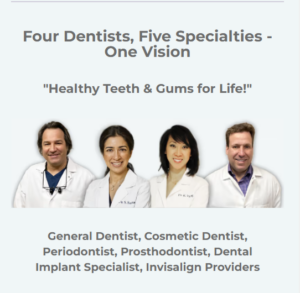Author: Anton Moskalenko
Toothache and cavities are not just physical discomforts; they are issues that can significantly affect a person’s psychological state. This aspect is often underestimated, even though it plays a crucial role in a person’s overall well-being.
Persistent Pain and Stress
Toothache, especially when chronic, causes constant tension and stress. This discomfort can lower the quality of life, hinder concentration, and disturb restful sleep. In such conditions, people often experience irritability, fatigue, and anxiety. The situation worsens when the pain disrupts sleep, further reducing energy levels and increasing nervousness.
Self-Esteem and Social Isolation
Cavities and other dental issues like tooth holes can lead to a decrease in self-esteem. People with these problems often feel embarrassed and avoid social interactions, leading to social isolation. They may avoid smiling, talking, and even eating in front of others, which heightens feelings of insecurity and anxiety.
Depression and Anxiety
Prolonged toothache and unresolved dental issues can lead to the development of depression and anxiety disorders. Constant pain, lack of adequate treatment, and fear of the dentist (dental phobia) can worsen a person’s psychological state. This can sometimes create a vicious cycle: the fear of treatment intensifies the toothache, which in turn worsens mental health.
Impact on Cognitive Functions
Studies show that chronic pain can negatively affect cognitive functions, including memory, attention, and decision-making abilities. Persistent discomfort and pain distract the brain from other tasks, reducing productivity and daily activity.
How to Address the Issue?
- Timely Visit to the Dentist: The first step toward improving psychological well-being is resolving toothache and cavities. Modern treatment methods minimize discomfort and quickly restore dental health.
- Psychological Support: In some cases, it may be helpful to seek a psychologist or therapist, especially if dental problems are causing severe psychological issues.
- Self-Care: Regular oral hygiene, proper nutrition, and avoiding harmful habits will help maintain dental health and prevent new problems.
Dental health and psychological well-being are closely interconnected. Taking care of your oral health not only relieves pain but also contributes to improved overall well-being and quality of life.
Countries with the Worst Dental Care
When it comes to dental care, some countries face significant challenges in providing adequate services to their populations. According to various reports and global studies, countries like Sierra Leone, Afghanistan, and Haiti have some of the worst dental care systems. These nations often struggle with limited access to dental professionals, inadequate infrastructure, and lack of public health education. Consequently, residents in these countries may experience higher rates of untreated cavities, gum diseases, and other dental issues, which further exacerbate the negative impact on both physical and psychological health.



